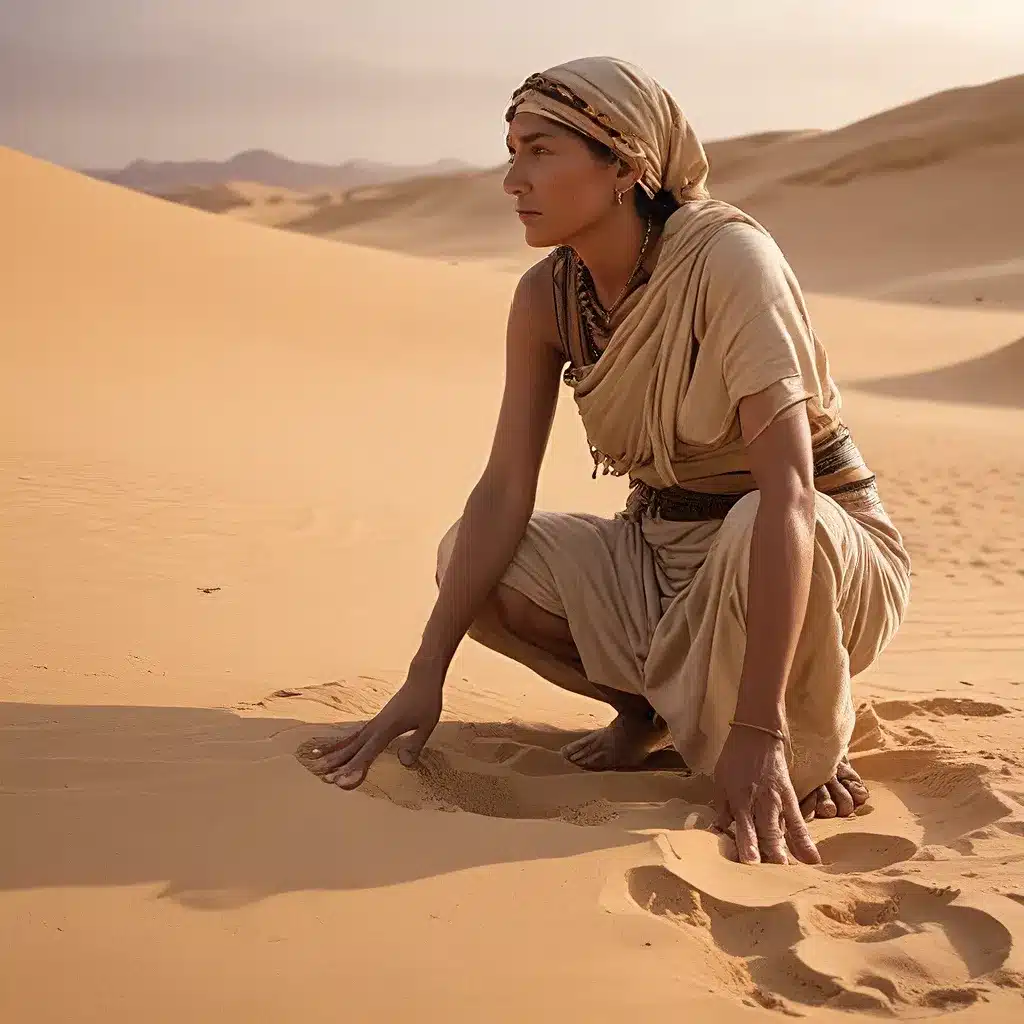
Uncovering the Mysteries of Ancient Cultures
In the vast expanse of our planet, the sands of time have concealed the whispers of forgotten civilizations, their stories etched in the very earth beneath our feet. Through the tireless efforts of archaeologists and researchers, we have begun to unravel the intricate tapestry of humanity’s past, shedding light on the triumphs and trials of societies long since vanished.
From the arid deserts of the Middle East to the lush rainforests of South America, the archaeological discoveries of the past century have transformed our understanding of the human experience. Buried treasures, monumental structures, and the remains of ancient peoples have all contributed to a deeper appreciation for the resilience, ingenuity, and diversity of our shared history.
One such captivating narrative emerges from the whispers of the sands in the form of poetry and prayers. These fragmented glimpses into the spiritual and emotional lives of our ancestors offer a poignant reminder that, despite the passage of time, the fundamental human experiences of love, loss, and longing remain constant. As we unearth the voices of these vanished civilizations, we are compelled to reflect on our own place in the grand tapestry of human history.
Unlocking the Secrets of the Past
The study of ancient civilizations is a multifaceted endeavor, encompassing a wide range of disciplines, from archaeology and anthropology to linguistics and art history. Each new discovery, each meticulously excavated artifact, and each deciphered text contributes to a deeper understanding of the cultural, social, and technological advancements of bygone eras.
For example, the Assyrian Empire, which dominated the ancient Near East from the 9th to 7th centuries BCE, has left an indelible mark on our understanding of the ancient world. Renowned for their military prowess and architectural grandeur, the Assyrians have been the subject of numerous archaeological investigations, revealing a sophisticated society with a complex system of governance, a rich artistic tradition, and a comprehensive understanding of urban planning.
Similarly, the Mayan civilization of Mesoamerica, which flourished from the 3rd to the 10th centuries CE, has captivated scholars with its awe-inspiring pyramids, intricate writing system, and advanced astronomical knowledge. The deciphering of Mayan hieroglyphics has shed light on the political, social, and religious structures of this remarkable culture, providing invaluable insights into the lives of its people.
Emerging Theories and Discoveries
As our understanding of ancient civilizations continues to evolve, new theories and discoveries are constantly challenging our preconceptions and pushing the boundaries of historical knowledge. One such example is the recent archaeological find in the deserts of Saudi Arabia, which has shed light on the mysterious Lost Kingdoms of the region.
The discovery of well-preserved structures, intricate rock art, and sophisticated irrigation systems has led researchers to reevaluate the long-held belief that the Arabian Peninsula was largely uninhabitable during the ancient past. These findings suggest the existence of thriving communities that thrived in the face of challenging environmental conditions, challenging our understanding of human adaptation and resilience.
Similarly, the ongoing exploration of the Amazon rainforest has revealed the existence of sophisticated pre-Columbian societies that were previously unknown to mainstream historical narratives. The discovery of massive earthworks, complex road networks, and evidence of large-scale agricultural practices has forced scholars to reconsider the notion of the Amazon as a pristine, untouched wilderness, shedding light on the remarkable ingenuity and organizational capabilities of these ancient Amazonian civilizations.
The Enduring Legacy of Vanished Cultures
As we delve deeper into the past, the stories of ancient civilizations continue to captivate and inspire. Through the meticulous work of archaeologists, historians, and linguists, we are able to piece together the fragments of these lost worlds, uncovering the rich tapestry of human experience that has shaped the course of our collective history.
The voices that echo from the sands of time remind us of the resilience and adaptability of the human spirit, as well as the profound impact that vanished cultures have had on our modern societies. From the architectural marvels of the Assyrians to the astronomical prowess of the Mayans, these ancient civilizations have left an indelible mark on our understanding of the world, challenging us to continually expand the boundaries of our knowledge and to appreciate the diversity of human achievement.
As we continue to unearth the secrets of the past, we bear witness to the enduring legacy of these vanished cultures, their stories whispering to us across the millennia, reminding us of our shared humanity and the importance of preserving the fragile threads that connect us all.


